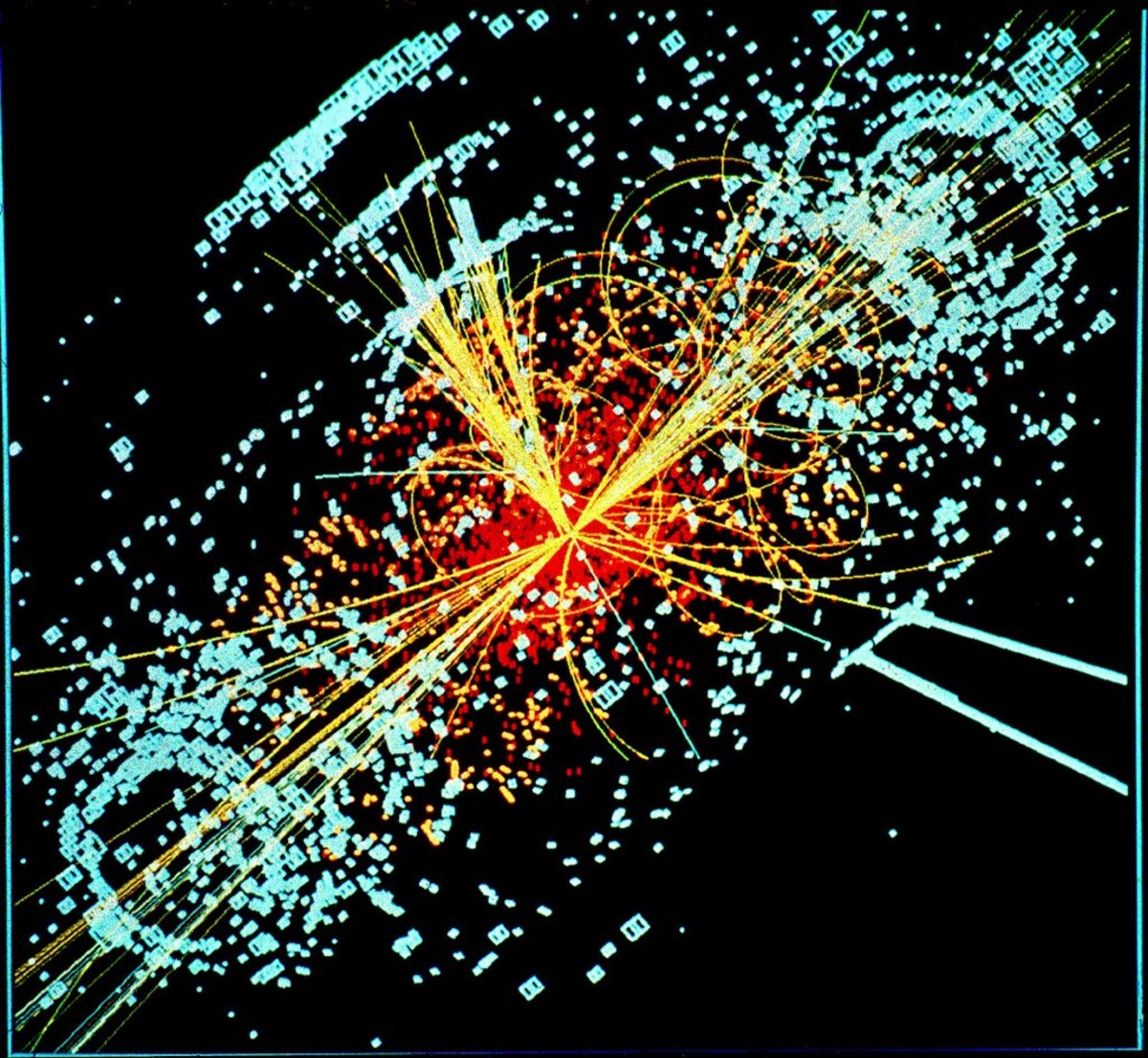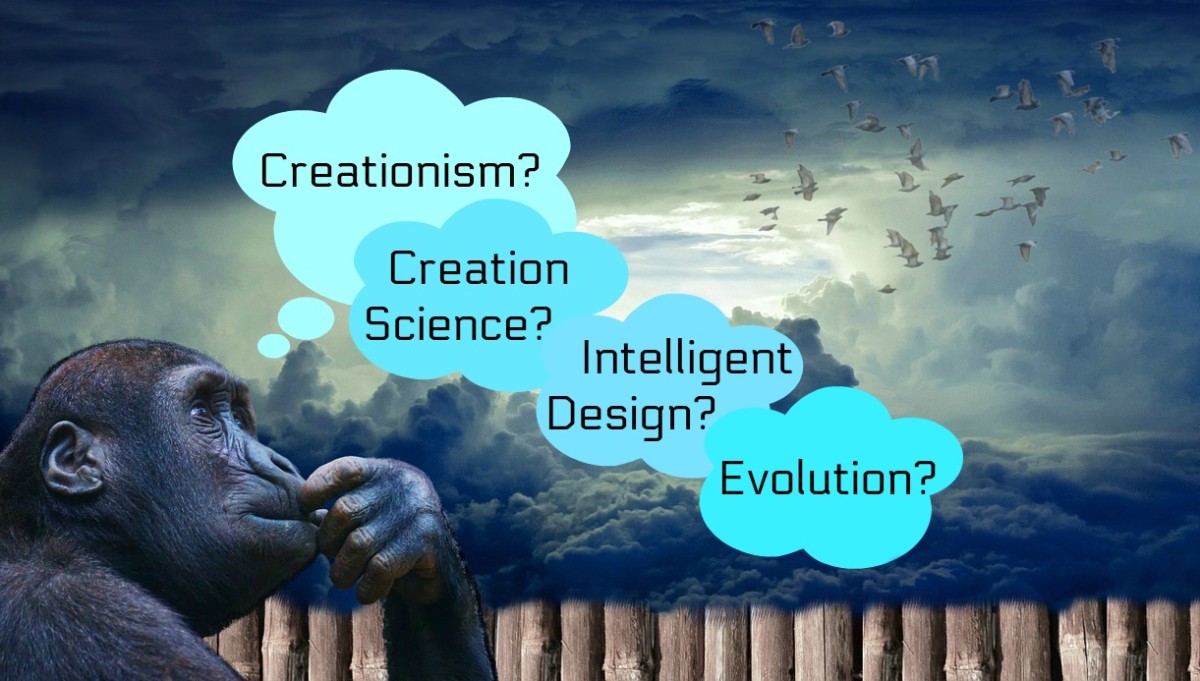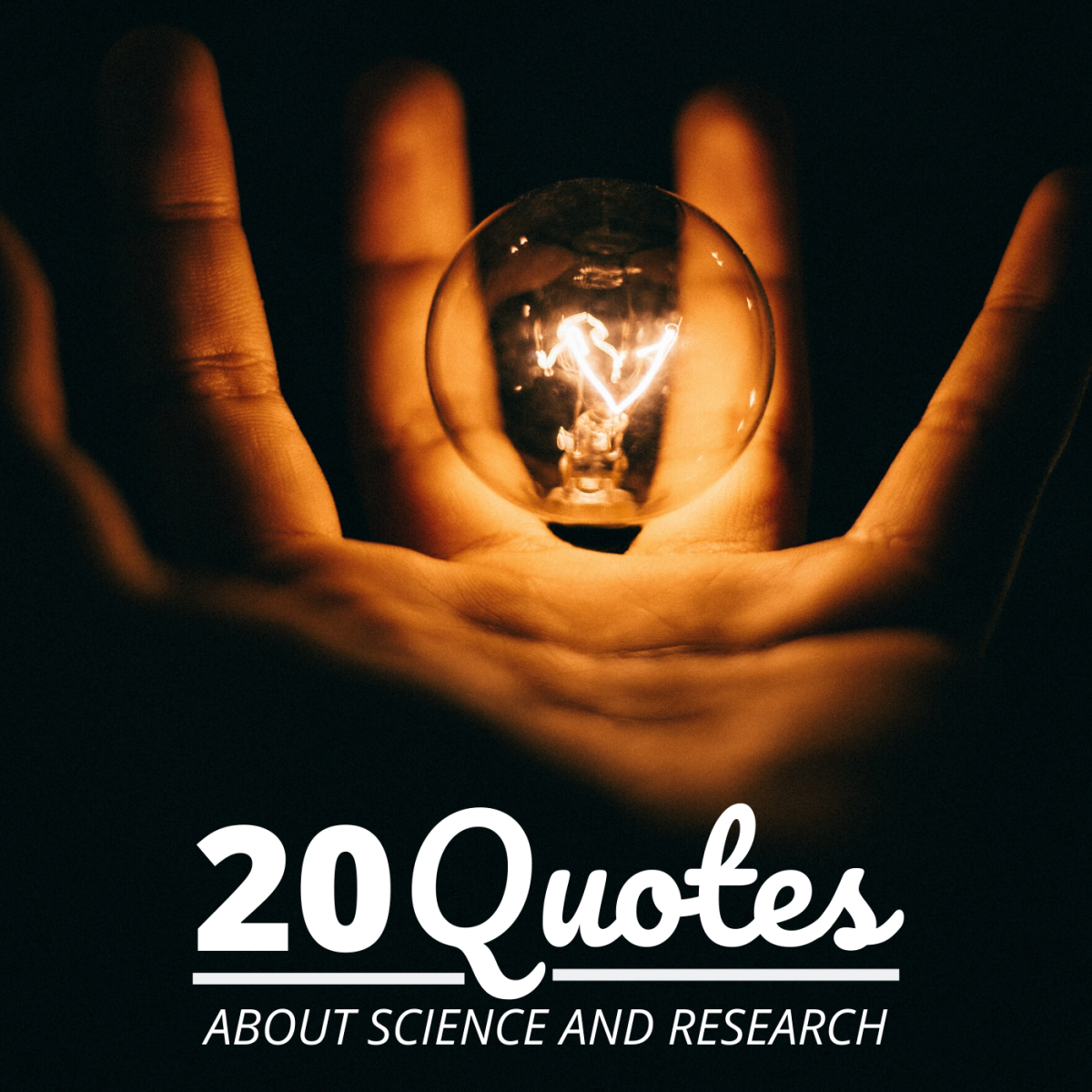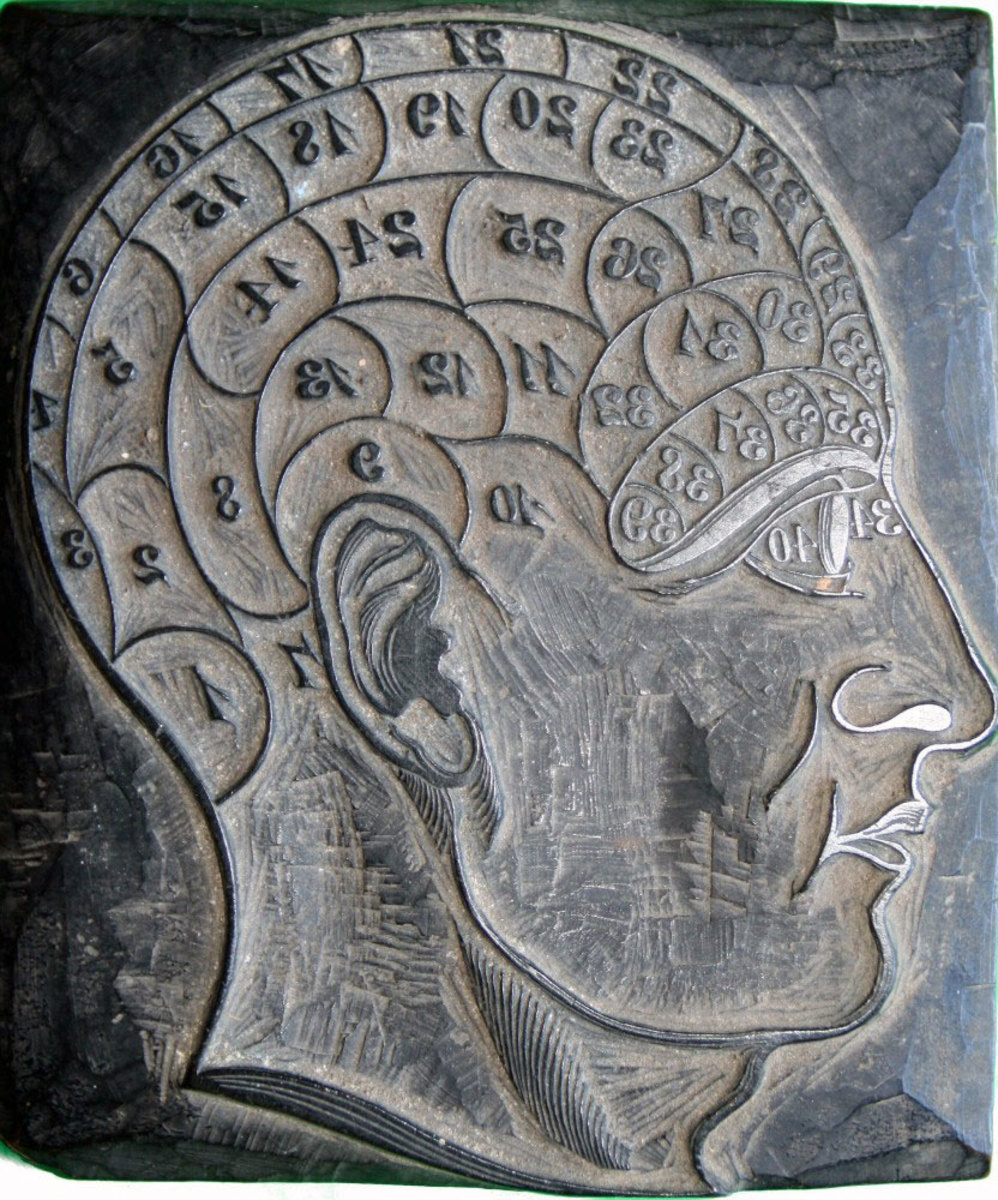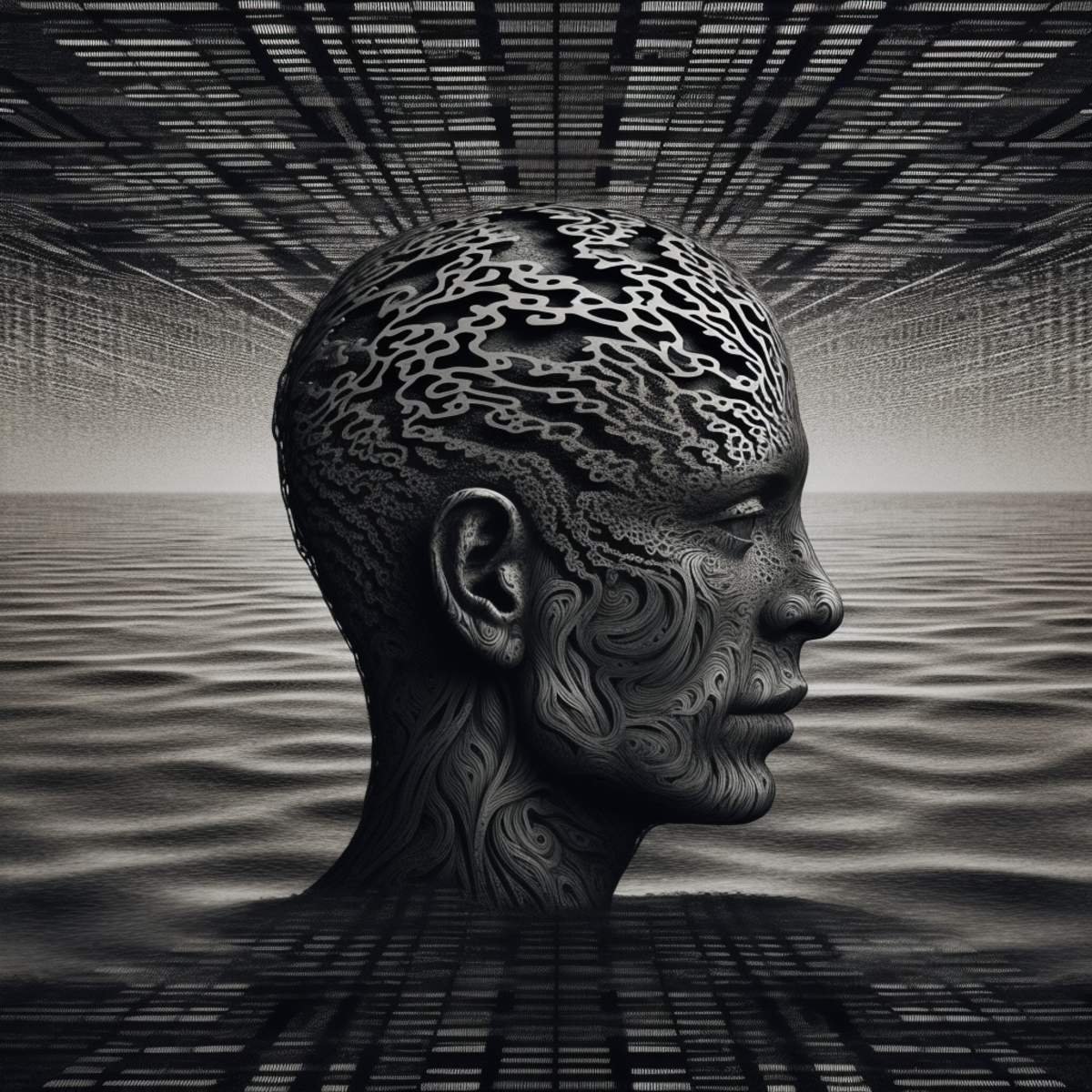Science explained

The history of science is most interesting. There has of course been an interest in how the world works since the beginning of our species, no doubt. The Sumerians, the oldest known western civilization had already developed mathematics. A version of Pythagoras’slaw was already known by them in 2000 BCE.
China had already developed complex mathematics by then as well. So had India for that matter. The study of the stars was underway as well as early as 4000 BCE as various cultures started developing amazingly accurate calendars. Egypt was developing geometry.
Medicines were obviously very much on our minds as well from the very beginning. And war was always a driving force for discovery. But our inquiries were not always what we today would call scientific. Our explanations for what we observed were often uninformed guesses based on superstition. Astrologers still try to read the stars and how they affect our individual lives. For years we were trying to transform lead into gold. We were saying magic words that were supposed to make things happen.
Religion told us how the world was formed and what the gods wanted from us. It’s good to know how things work because your survival day to day depends on that information. Yet we had little or no way of knowing what the truth of the matter was. Magic seems to work for those who believe and have developed a confirmation bias for it. But most of us know it isn’t as simple as that.
The Greeks brought us all kinds of new ideas and developments including logic, philosophy, and the concept of atoms a few hundred years BCE. They were also the first to tell us to strive to be more than what we are: animals.
The middle ages saw the dawn of the first real modern scientist, he was a Muslim. Ibn al-Haytham is credited as the inventor of the scientific method in 1000 CE. He insisted that experiments be done to distinguish between fact and fiction, and that those experiments be repeatable by others. He is also known as the father of the field of optics. The golden age of Islam saw the East advance far beyond the rest of the world in the world of science.
Europe didn’t start catching up until the renaissance. It started in the 12th century and was at its height by the time of Isaac Newton. Most of the time was spent catching up and learning from Eastern knowledge. Galileo was making discoveries of own that would get him in trouble with the Catholic Church. But science was being embraced in the west as never before.
In fact, shortly after that came the age of enlightenment in the 1700s and 1800s. This led to more new discoveries by people like Darwin. Physics began in earnest with electromagnetism. Then of course we come to the 20th century and people like Einstein, and Relativity and Quantum Mechanics.
Religion changed in this time as well. The East seemed to forget about scientific research in favour of religious research, and the Catholic and protestant churches started to accept science. Had they done so earlier may plague victims would have survived. While the East lanced the boils and had a better survival rate, the Catholic Church wouldn’t allow the practice.
In the end the church’s popularity declined and they lost political power in the West, which made scientific research and new technologies the priorities for government and industry like never before.
So what is science? It is the study of our lives and of the natural world. That is what it has always been even when it was not what we call science, but rather: religion, and magic. Yes, all those things like magic or religion are ways or methods we developed for getting at the way things work and how we can get them to work for us.
Science is also a method for getting at how the world works. And it is the best method we have yet devised. Science is not supposed to care what the truth turns out to be. The method begins by postulating an idea about how a certain aspect of life works and then setting up and doing experiments to see if you are right or wrong.
Your work is then published and a peer review is done. Other scientists do the same experiments to see if they can come to agree with or falsify your results. The book is never closed on a subject. Even today people try different experiments to see if they can prove someone famous wrong.
Science is always open to new evidence. No one has the last word. Understanding about nature changes as we learn. That’s the scientific method. It is how pure science is done.
Now, obviously a method doesn’t care what the outcome of an experiment is but humans, and therefore some scientists, might. Getting funding is what drives a lot of anticipation about results. It is unfortunate that science is funded the way it is. But it is not the fault of the method. Particularly since deception is rather quickly discovered in peer review.
The media likes sensational stories and they are prone to finding them or manufacturing them from scientific studies; particularly those whose findings seem to conflict. A study that today says coffee is bad for you is always followed by one that says it is good for you because that stirs controversy and sells news.
But the fact is that studies are often looking at different aspects of the same thing, not the same ones. So coffee may well be bad for you in high quantities due to caffeine; but in low doses it may be beneficial due to another of its components. This is often the case with anything. Conclusion? Coffee is both good and bad for you at the same time, but in different ways. Good info to know, and not a contradiction at all.
While religion is also a method we devised to understand the world, science itself should have nothing to say on the matter of god one way or another. The god hypothesis is not falsifiable unless a god shows up to be questioned so scientifically the question is meaningless. But many great scientists have been religious. This is not a contradiction. Thinking that in the end a god is responsible or not is irrelevant if what you want to know is how it all works. Hence the religious and the non-religious can get along very well. Except it seems if your belief is that the world is 5000 years old. Then evolution becomes a threat.
Science is pretty clear on the idea of a planet that is 4.5 billion years old and there is a mountain of evidence to support that idea. Unless it can be proven to be otherwise I’ll take the scientific view for now. After all, the Catholics learned the hard way that science was not the enemy and that it was usually right. Yet there are still those who believe in a flat earth. No accounting for belief I suppose.
Science then is following the basic method Ibn al-Haytham gave us 1000 years ago and is still the only rational way to process inquiries and do quality control of our knowledge base.
Inquiries themselves are not science. But looking into them using the scientific method is. Interpretation of the results of an experiment beyond the verified facts is not science; it is science philosophy. While speculation on the basis of facts is a big part in the scientific process, it isn’t in and of itself science.
So modern science has a narrow scope and is only being done when it conforms to the scientific method. But sciences like quantum physics are still in their infancy. They have built models and interpretations, which in themselves are not science. They are “what if” models. Though they are not meant to be taken as fact and though not one of the dozens of models we now have are required or present in the math that is done in QM, it is popular for the masses and the media to latch on to the latest model or hypothesis as if it is gospel. It’s not.
QM is a tool we use within the scientific method which yields amazingly accurate results. The interpretations and models telling us why it works are speculative and need to be falsified and yet most are not falsifiable yet. Some may not be for a very long time.
Another tool science utilizes in the scientific method is logic. Rationality alone has gotten us far. So far in fact that it discovered logic was the next step in its evolution.
Some will say that evolution is not a science because it cannot be falsified. However, it has been verified a thousand times. Natural selection is a fact, not a speculative idea. Things change and evolve and we can see this quite easily. The simple becomes the complex through simple laws. One being the law of conservation. Entropy is a driving evolutionary force. It is not about disorder in the way most people think about it, it is about implicit order.
We do not know with certainty how the so called inanimate word of chemistry developed RNA and then DNA. But even if god did it, after that evolution and natural selection took over. So the most of the religious can still live with the fact of evolution even if the fundamentalist can’t. There is of course inherent in what we know that: a god was not required, and must proceed without taking that in to serious consideration. To do so would not be science.
This brings me to another point. Scientists use the same words we do sometimes in very different ways. Entropy is thought of as disorder in that it is about energy finding an equilibrium and no longer being able to do work in a system. The chaos is in the idea that it prevents perpetual motion and that in closed systems it spells the systems inevitable doom. Much like a disposable battery when it has run down. Yet the fact that we have a law of equilibrium means there can be implicit order. Without it there could be no order.
So part of the problem between science and the masses is language use. It pays to double check what is meant if a scientist mentions the void, which they are the first to tell us is teaming with quantum activity, or that the universe sprang from nothing when what they mean by nothing is that teaming void. It’s not easy to know what scientists mean if they themselves don’t tell us in terms we understand. And a lot of public relations are being done. No one popularized science like Carl Seguin. But now we have Lawrence Krouss fulfilling the same sort of role but in a different way.
The one thing that bothers me to no end is that the sciences are all disconnected. That should be remedied in time I hope. I can only think it has to be.
Mankind has always asked questions and demanded answers. Our biggest hurdle has been being able to tell fact from fantasy. Science is the first method we have had which has given us so many factual answers. So it seems only rational that we should employ its method in our thought process as well. A more logical, rational, scientific mind set can only help the plight of all people. Science is not without compassion because those doing science are human and compassionate. Logic and compassion are not mutually exclusive. Just the opposite is true. It is through rational thought; through empathy, that we become compassionate.
Science is not for the elite. It should be a part of our way of living; our way of thinking.




